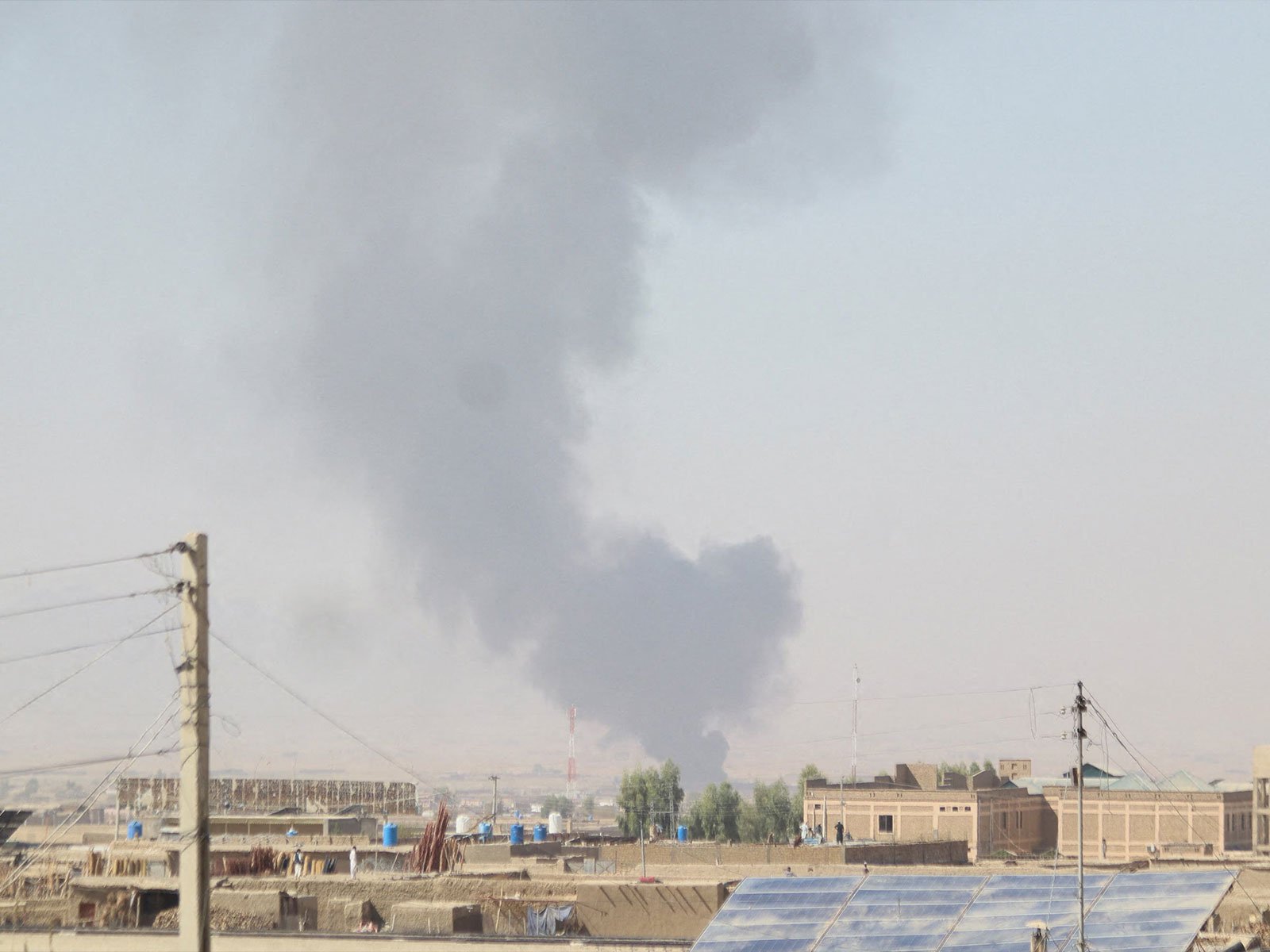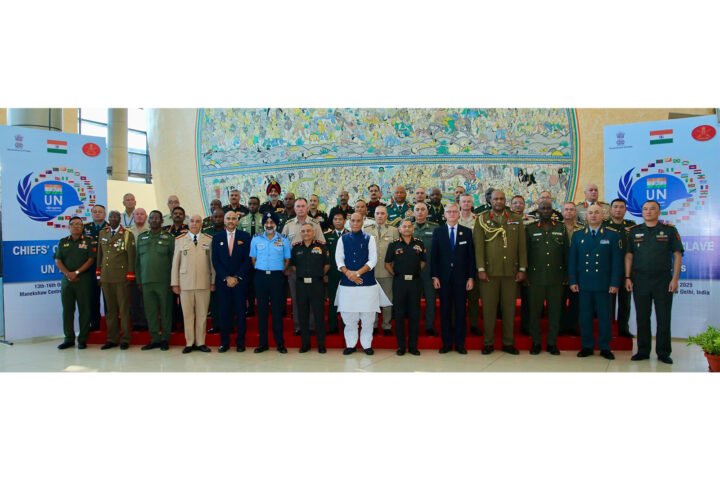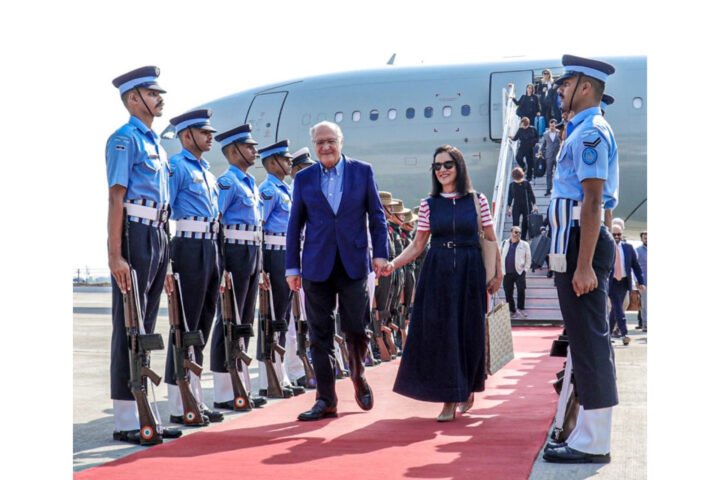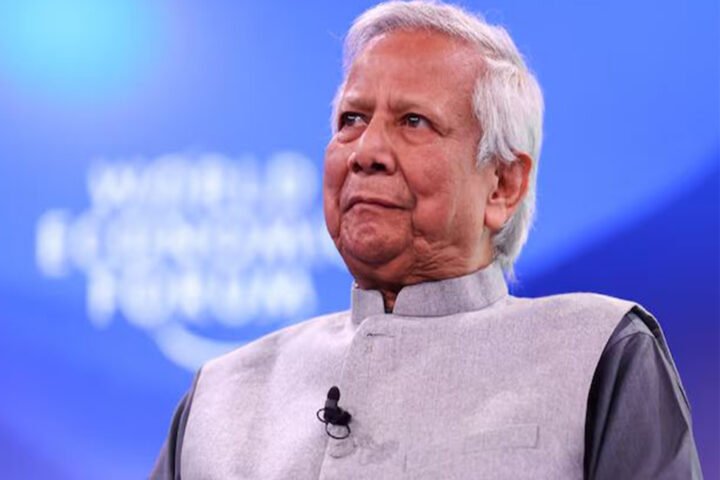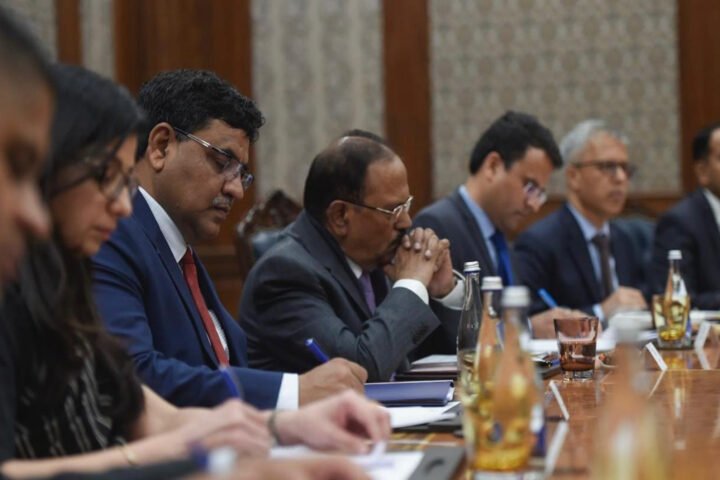Pakistan, Afghanistan agree to 48-hour ceasefire after deadly border clashes
Pakistan’s Foreign Office announced a temporary ceasefire with Afghanistan for the next 48 hours, effective from 6 PM today, following a series of intense cross-border clashes. This truce was reached with mutual consent at the request of the Taliban regime, reports 24brussels.
The Foreign Office stated that both parties would engage in sincere efforts to resolve the ongoing crisis through constructive dialogue during the ceasefire period. Taliban spokesperson Zabiullah Mujahid confirmed on X that Afghan forces had been instructed to adhere to the truce unless provoked by aggression.
Earlier media reports indicated that Pakistan’s armed forces carried out “precision strikes” in Afghanistan’s Kandahar province and Kabul, targeting Taliban hideouts. A statement from the Pakistan Army claimed these operations were in retaliation against Taliban aggression, destroying significant Taliban infrastructure and resulting in numerous casualties among Afghan operatives.
According to the Inter-Services Public Relations (ISPR), Pakistani troops successfully repelled a Taliban attack along the Balochistan border earlier in the day, killing an estimated 15 to 20 Taliban fighters. This incident marked the third significant confrontation within a week, with previous clashes leading to the deaths of 23 Pakistani soldiers.
The ISPR attributed this conflict to a Taliban assault described as a “retaliatory” response to alleged previous airstrikes by Pakistan in Afghan territory, which Islamabad has not confirmed. Pakistan, however, has maintained its right to self-defense against cross-border aggression.
The escalating violence underscores the strained relations between Islamabad and Kabul, with tensions further exacerbated by Pakistan’s concerns over the use of Afghan territory by militant groups for cross-border attacks. Although Kabul denies these claims, it highlights the complexities surrounding regional security.
On Monday, Pakistan’s Defence Minister Khawaja Asif articulated that relations between the two nations had effectively deteriorated, stating that the current state of hostilities is precarious. He warned that renewed clashes could occur “at any time,” emphasizing the fragile nature of bilateral ties.
